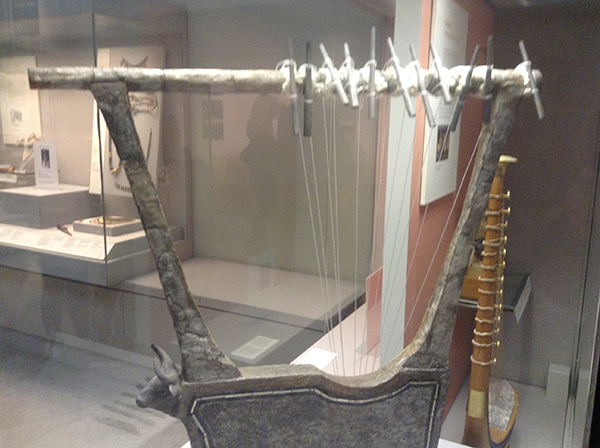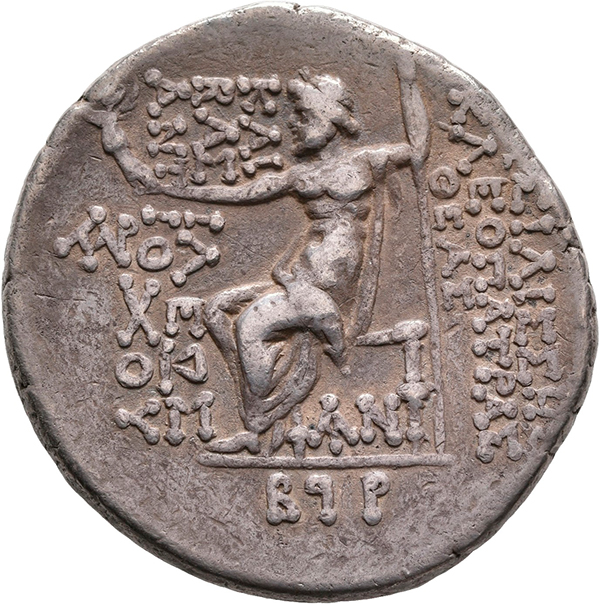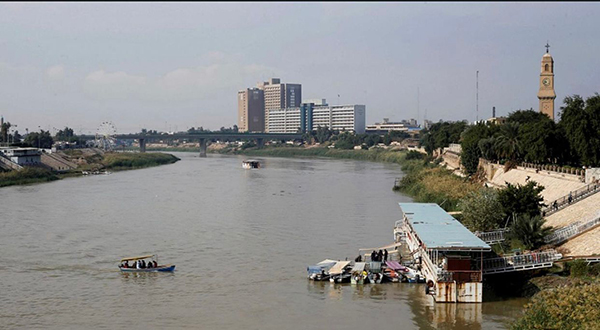By Will Thomas
The author is a volunteer in the editorial department of tünews INTERNATIONAL. After staying in Tübingen and Berlin as part of a federal scholarship, he returned to the USA in April 2020. There he found a country in unrest. We have offered him the chance to share his experiences with us. In the German text, he uses certain English phrases where he found no suitable translation.
Battles are breaking out in US-American cities. In my previous article, I explained the origins of the current unrest. In this article, I am recounting my own on the ground experiences. Protests are occurring in hundreds of cities across the USA. In several cities, these protests are erupting into full riots, and a few autonomous zones. In Atlanta, Georgia, the protests began on Thursday, May 28th. The first day of protest drew a relatively small crowd, around 50 people. Protests had already occurred in Georgia earlier that month, in response to the killing of Ahmaud Arbery, an unarmed Black man killed while jogging by two white men for racist reasons. This occurred in Savannah, Georgia.
Things escalated in Atlanta on Friday, May 29th. After a calm march, the police blocked the street in front of the CNN Center, a building that housed, among other things, a police precinct. After a few hours eye to eye with the police line, individuals in the crowd began throwing objects against the glass windows at the front of the building. The police responded with a violent push forward and the deployment of rubber bullets and tear gas. As the police pushed the crowd, a police car was set on fire and the situation escalated to a riot. Over the next few hours Downtown Atlanta erupted in chaos. In the business district, windows were smashed, walls spray-painted, and stores looted. As far as I know, the rioters themselves did not harm any people when left to themselves. The police retook control late in the night. Atlanta had not seen anything like this since the Rodney King Riots, which erupted after court proceedings led to a “not guilty” verdict for police who severely beat and kicked Rodney King, a Black man, in Los Angeles.
On the next day, Saturday, May 30th, the city declared an 8pm curfew to limit the demonstrations. The state governor called in the US National Guard, the reserve military forces of the country. The curfew was not enforced evenly. Bars and restaurants remained open after curfew and in areas of the city without protests, people walked the streets openly. The curfew was only enforced in areas with protests.
On Tuesday, June 2nd, my partner and I took part in peaceful protests. We marched and waved our signs. The march ended at nearly the same place it had the previous Friday. The police formed a line once again. Shortly before 8pm, police in full riot gear replaced the regular police on the line and protestors in gear similar to that used by the Hong Kong protestors stepped forward to meet the line of police. My partner and I took this as our cue to go home.
We left the main are around 8:55pm to return to our vehicle. On a side street, we met a line of National Guard blocking the way. Although we explained we just wanted to go home, they responded by yelling at us to turn around and find another way. We tried to leave on another side street and met a similar line, shouting the same commands. We realized all paths out were blocked. I had just enough time to call my mother and explain the situation before the police arrested us (and many other people).
The police searched us and had us wait an hour, until a paddy wagon came and took us away. The police placed masks over our mouths and noses. My partner and I were separated. Although the police charged us with the extremely minor crime of violating a city ordinance (akin to a speeding ticket), at midnight the paddy wagon brought us to the City Detention Center. (It was now my birthday!) There I could call my mother again over the jail line. Around 3am the officers brought us to our individual cells.
The next day, around noon, they removed us from our cells and we waited five hours for our arraignment hearing, held using a video conferencing system. The judge released nearly everyone with us on a copy of the charges or a signature bond, meaning nobody had to pay a bond fee to be released. All of us received a court date for September. My mother met my partner and I at the prison gates and took us to get dinner for my birthday.
We saw these actions clearly: as intimidation. How else do you explain blocking all the paths our before the 8pm curfew, then arresting everyone present and putting them in detention due to a city ordinance violation?
On Friday, June 5th, the police did not enforce the curfew and the next day the city removed it. In the following days my partner and I, like many Atlantans, continued protesting, and ran into many of the people we had been arrested with, who had also returned to the protests. Several of the protests in the following weeks again came to conflict between the police and protestors. One week later, Atlanta experienced our own murder at the hands of the police.
On Friday, June 12th, Rayshard Brooks, a Black man, slept in his car. He’d had a lot to drink and did not want to drive, so he waited in his car in the Wendy’s (a fast food restaurant) parking lot. Two police officers awoke him and spoke with him. It came to blows, and Brooks fled, turning back to fire the taser he took from an officer after it was used on Brooks himself. The officer shot Brooks in the back, fatally. According to the state prosecutor, the officers kicked Brooks after shooting him and stood on his shoulders. I followed the story as it occurred, told to me by a friend who sat inside the restaurant as this unfolded.
The next day our Chief of Police stepped down (although she is remaining on the force) and both the officers were fired. The protests began early in the day and escalated as the sun began to set. The protests centered around the Wendy’s and the local police precinct. Eventually, the police left the area of the Wendy’s and the building was set on fire. Where the building once stood, protestors erected a makeshift community center. In the following days, protestors attempted to occupy the local police precinct, as protestors had done in Minneapolis. The governor called the National Guard back in.
Atlanta is not unique. Similar conflicts are taking place across the country, notably in the city of Portland. Weeks of continuous protest. Violent repression from the police. Tear gas, rubber bullets, and sound cannons used against peaceful protestors. In Seattle, protestors created a temporary autonomous zone in the center of the city. Across the country activists are pulling down statues of historical figures who owned slaves and/or were a part of the racist Confederacy (the losers of the US Civil War who supported slavery).
There are many reasons why these protests have been so widespread, including the crisis around the Coronavirus. The Corona crisis continues at a fevered pitch in the USA, largely due to the completely inadequate response from the federal government. Thousands are out of work and students can’t attend classes or are attending them virtually. Life here is still restricted. The videos of police violence captured the attention of the country. Without work, people have the time and energy to protest.
The rioting and protesting in the streets brought more progress than any other recently used method. As Martin Luther King Jr. (a leader of the US Civil Rights Movement in the 50s and 60s) said, “A riot is the voice of the unheard.”
Where does the USA go from here? Although some areas now have three times as many new daily Coronavirus cases as when the lockdown began, many areas are beginning to reopen. US President Donald Trump is pressuring schools to reopen for in-person classes in August. There still is not enough government support for workers and those unemployed due to the pandemic. The proposed police reforms have not occurred. Much has changed, but nobody knows what will happen next in the USA. With the federal elections coming in November, including the Presidential election, much remains unknown.
tun071301
Foto: Will Thomas



